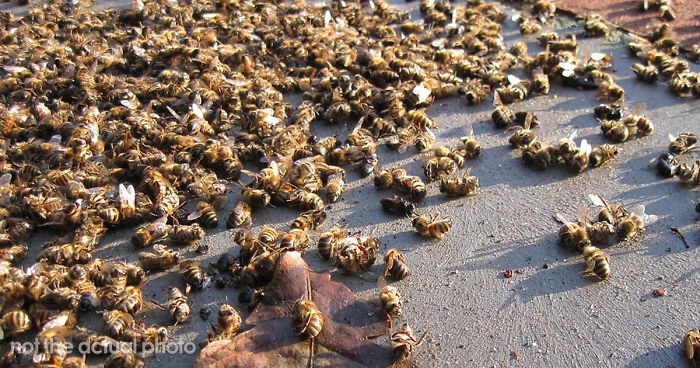500 Million Bees Have Already Died In Brazil Within Three Months And The Future Of Our Food Is In Question
Bees play a crucial role in pollinating many plants and are among nature’s most important pollinators. The United Nations Food and Agriculture Organization (FAO) reports that bees are responsible for pollinating 75% of the world’s crops. However, their numbers are rapidly declining. In just three months, Brazil has lost over 500 million bees, raising concerns about the future of our food supply.
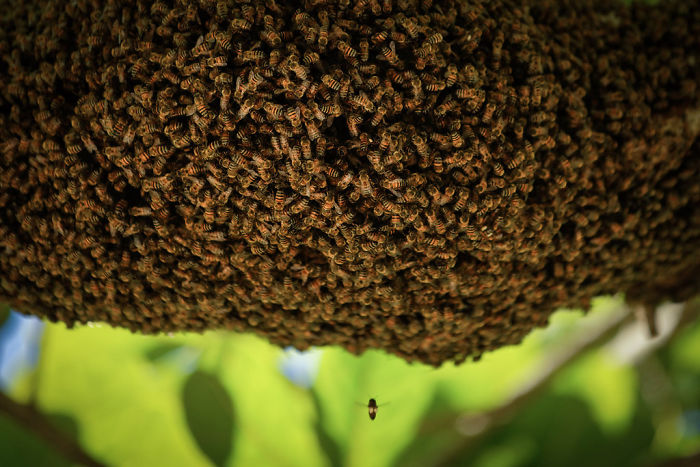
It has been reported that beekeepers in four Brazilian states discovered the deaths of 500 million bees. The breakdown includes 400 million in Rio Grande do Sul, 7 million in São Paulo, 50 million in Santa Catarina, and 45 million in Mato Grosso do Sul.

The data has been collected from December 2018 to February 2019.

Aldo Machado, the vice president of Brazil’s Rio Grande do Sul beekeeping association, told Bloomberg that tens of thousands of honey bees in his colony died within 48 hours after falling ill. He explained, “As soon as the healthy bees began clearing the dying bees out of the hives, they became contaminated. They started dying in large numbers.”

The researchers put blame on this devasting situation to the high increase of pesticide use. Since January Brazil has approved almost 300 new pesticides for use on crops.
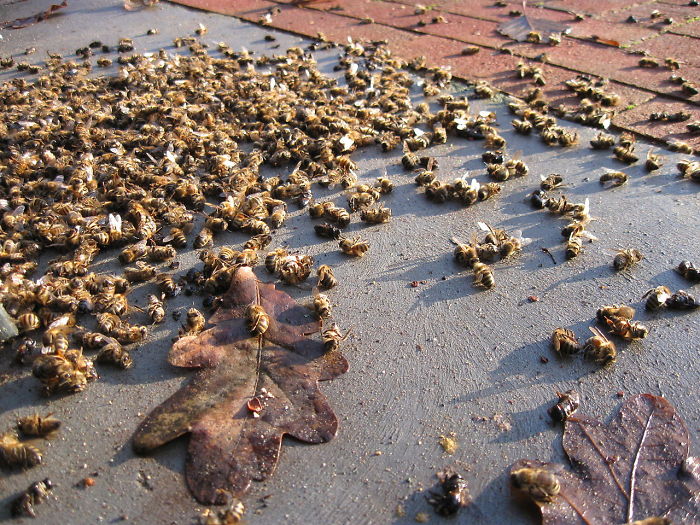
Researchers have found traces of pesticides, including fipronil, in some of the flying insects. Fipronil is an insecticide commonly used in veterinary treatments to eliminate fleas and ticks.
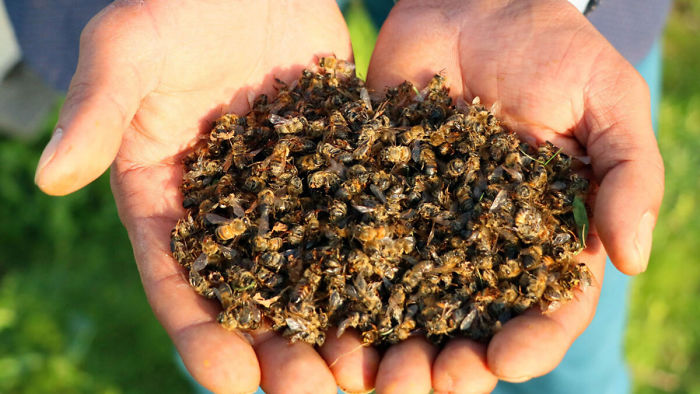
The U.S. Environmental Protection Agency classifies fipronil as a possible human carcinogen.

This not only shows that pesticides are harmful to bees, but it also raises concerns about their potential impact on humans.

Alberto Bastos, president of the Apiculturist Association of Brazil’s Federal District, told Bloomberg, “The death of all these bees is a sign that we’re being poisoned.” He urged, “So what are we waiting for? It’s time to save the bees and ourselves now.”
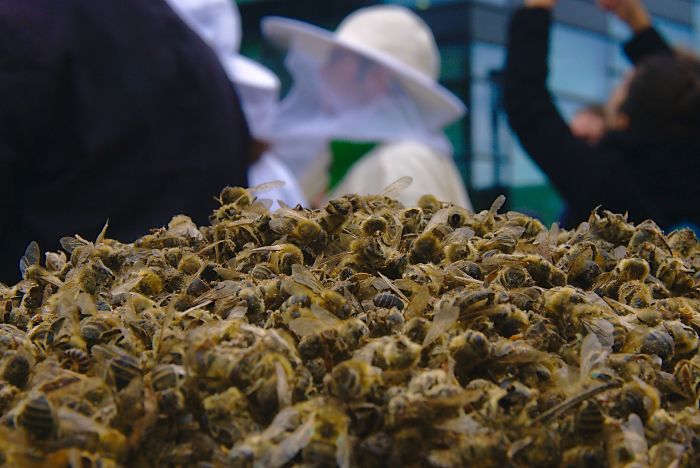
Here’s how people reacted








You may also like:
Woman Wakes Up To Find A Random Dog In Her Bed
